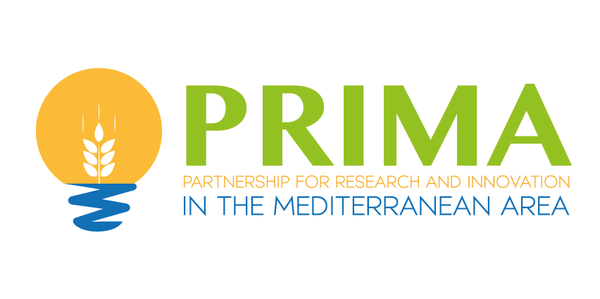4BIOLIVE
4BIOLIVE - Production of Biostimulants, Biofertilizers, Biopolymers and Bioenergy from OLIVE-oil chain residues and by-products

Description
Olive farming and olive oil industry are of great importance in Mediterranean countries, where more than 98% of the world’s olive oil is produced. However, the extraction of olive oil generates large amounts of humid and solid by-products (OMW), which could be harmful to the environment, since they can negatively affect soil microbial population, aquatic ecosystems, and air through gas emissions. OMW contains up to 92% water, phenolic compounds, lignin, sugars, organic acids, and high amounts of nutrients. All these components can be reused, after OMWW treatment for the presence of bioactive compounds and mineral nutrients. In this context, the project aims at characterizing, purifying and using these extracts to obtain bioactive materials capable of stimulating growth and biomass production in crops, and increase their capacity to cope with abiotic and biotic stresses.
4BIOLIVE tackle the joint production of olive oil and new bio-based products for agriculture and other sectors, as a strategic way for improving the sustainability of the farming systems based on this agricultural cultivation. The project identifies high value ingredients in olive mill wastes for extraction as biostimulants and biofertilizers and the valorisation of the residual biomass after extraction of high-value bioproducts for biogas production.
Objectives
The main objective of 4BIOLIVE is the extraction of bioactive substances and nutrients from olive mill wastes in order to: i) produce biostimulants and biofertilizers, ii) valorise the lignocellulosic fraction to obtain biopolymers, and iii) recover bioenergy from residual biomass. The target substances and nutrients are identified as new agroecological farming solutions to enhance the agroecosystem resilience under a circular economy perspective.
This main overarching aim will be pursued by four ambitious research objectives:
- Identification of high value ingredients in olive mill wastes and extraction for biostimulants and biofertilizers.
- Use of the lignocellulosic fraction as biostimulant and biofertilizer.
- Valorisation of residual biomass for biogas and soil organic fertilizer production.
- Evaluation of social, economic and environmental impacts in the Mediterranean area.
Impact
The impact of 4BIOLIVE relies on many industrial sectors, such as pharmaceutical, nutraceutical, food packaging, cosmetics, biotechnology, and fine chemicals, interested in using advanced and eco-friendly products in their specific market, could benefit from the results of the project.
Furthermore, in the time frame of the project, the consortium will support interested companies in the validation of produced biostimulants, biofertilizers and biopolymers.
The 4BIOLIVE project will contribute to the following expected impacts:
-
Redesign of the systems towards a circular approach
-
Yield stability and quality in comparison to standard farming systems under challenging environmental conditions
-
Increased soil fertility by the proposed farming systems
-
Increased income and satisfaction by the farmers and consumers for the improvement of nutritional value of crops
-
Increased efficiency in the use of water
-
Promotion of environmentally, socially and economically sustainable agroecosystems, capable of preserving natural resources from degradation and sharply limiting the impact of production systems on the environment
-
New organizations facilitating learning and coordination among actors, between farmers and along the value chain
Funded by: EU H2020 PRIMA 
Proyecto PCI2021-121979 de investigación financiado por:
Duration: June 2021 – May 2024
Share: